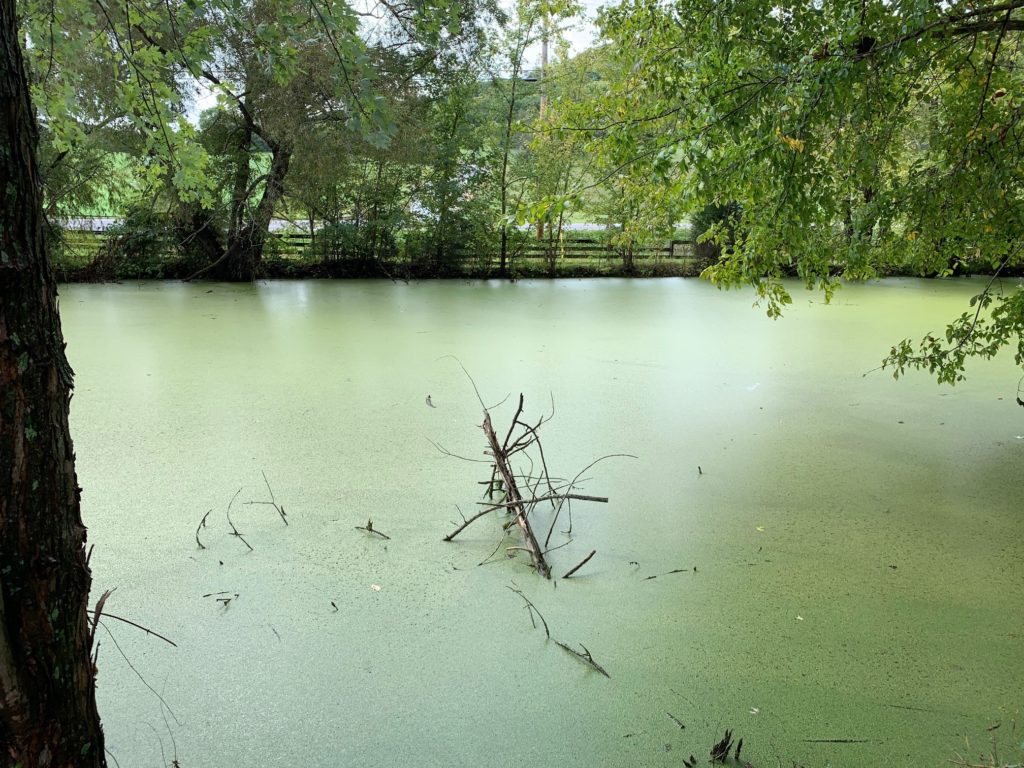Managing ponds may not be as simple as many people think. It is important to monitor these systems closely and correctly to ensure a functioning pond, healthy fish population, clean water source, and a visually appeasing asset.
This page contains a growing list of information and research on managing the integrity and structure, fish population, controlling unwanted weeds and more.

Information
Contact Us

Matt Horsman
Extension Agent